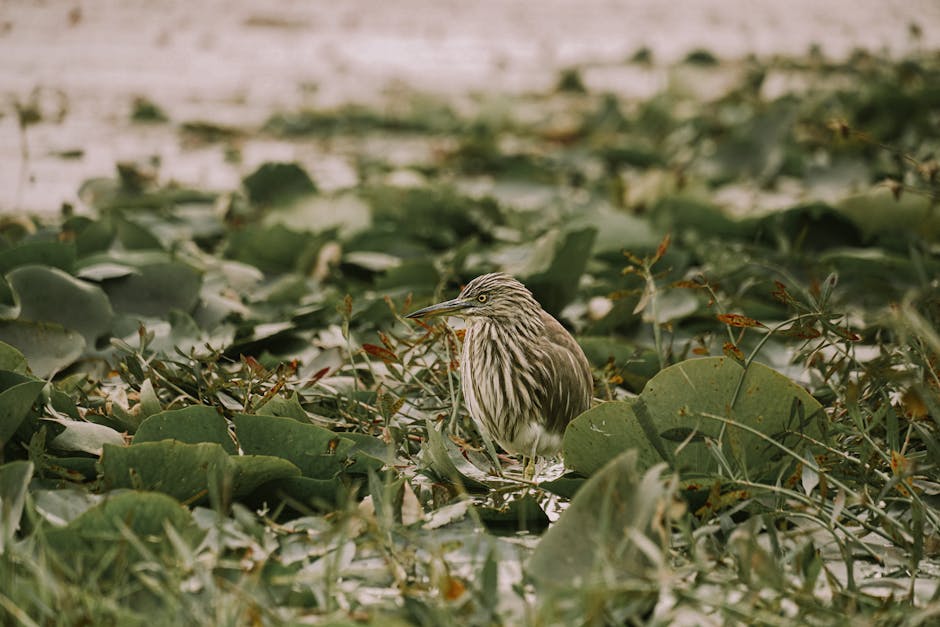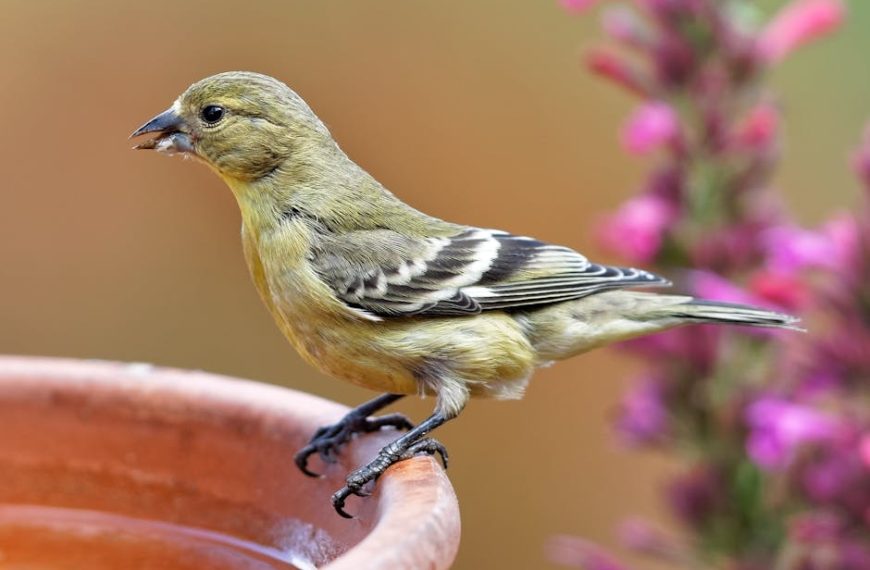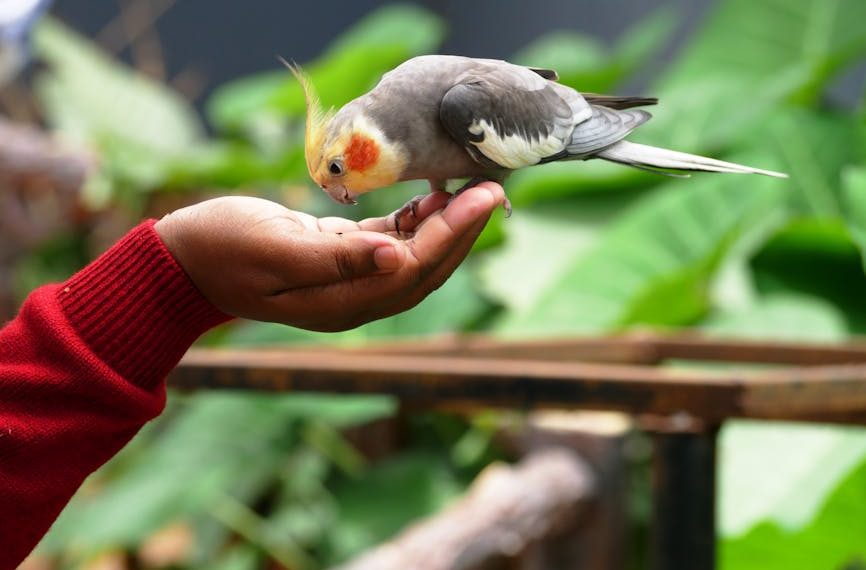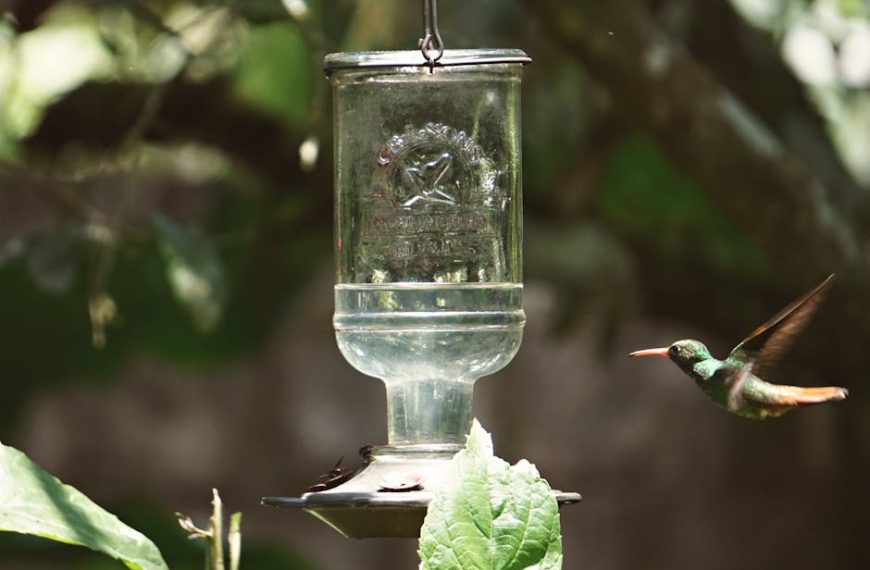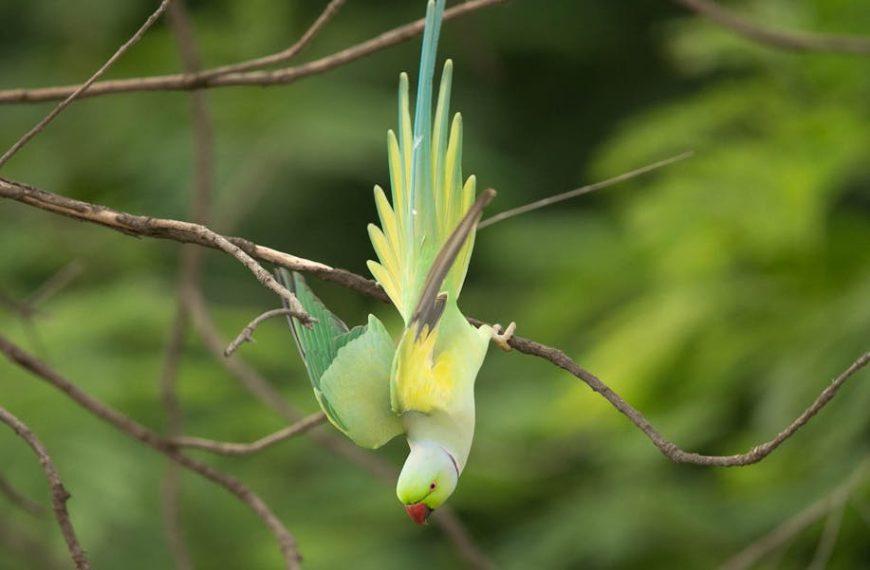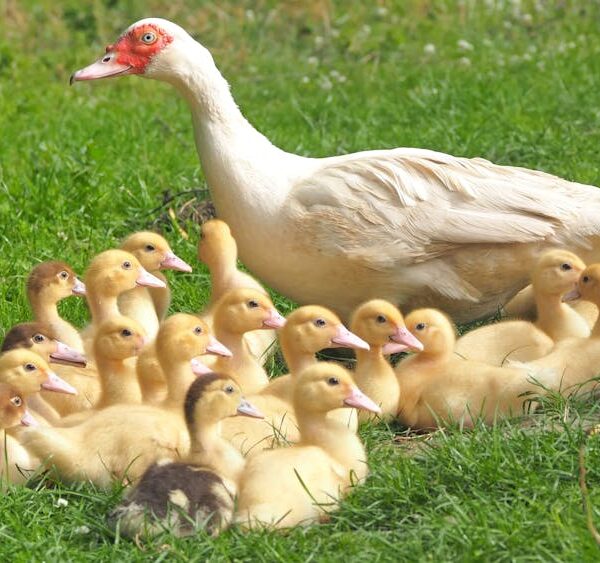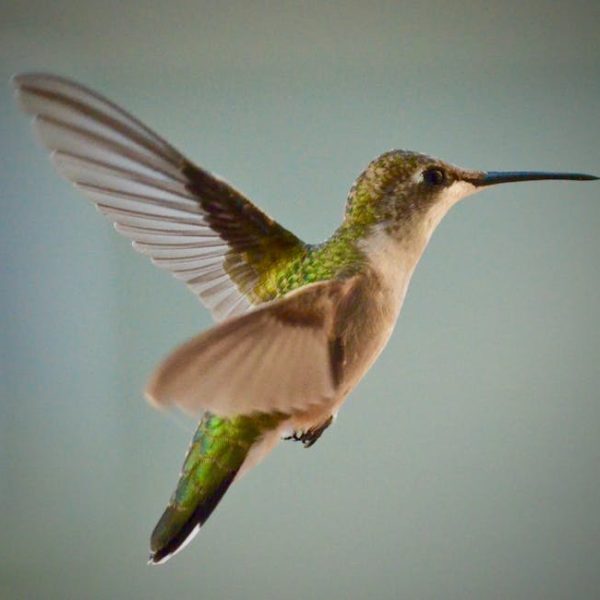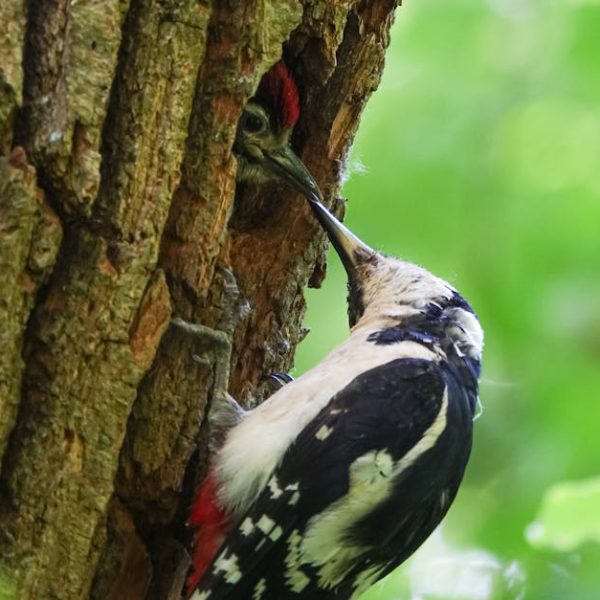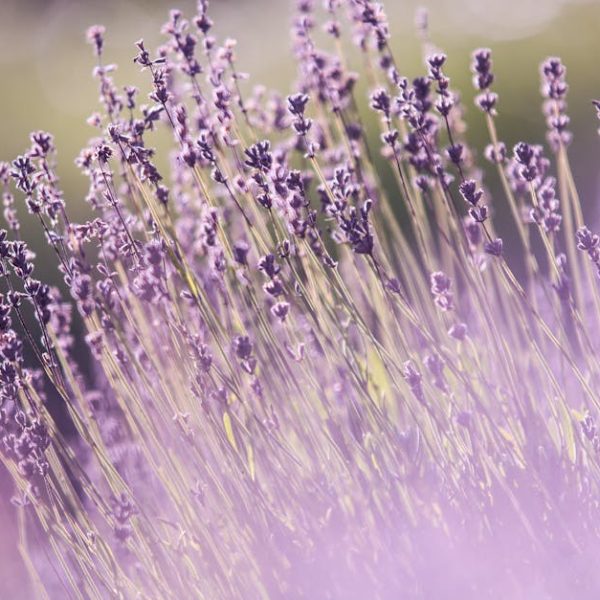If you’re a bird enthusiast or considering getting a budgie bird as a pet, you mustn’t just ask, How long does a budgie live? It’s just as important to inquire, What can I do to ensure my budgie lives a long, healthy life? A budgie bird’s lifespan is influenced by several factors such as breed, diet, environment, and care. This article will help you navigate these considerations.
Understanding the Lifespan of Budgie Birds
Budgie birds, also known as parakeets, have a relatively long lifespan compared to other small bird species. The average lifespan is between 5 to 10 years for domesticated budgies, while some can live up to a whopping 15 years under ideal circumstances. It’s important to note that wild budgies usually have a shorter lifespan due to harsh conditions and predators, averaging around 4 to 6 years.
- Budgie Breed A: 5 to 8 years
- Budgie Breed B: 7 to 10 years
- Budgie Breed C: 10 to 15 years
Comparing this to the average human lifespan of around 80 years, a budgie year roughly equates to 8 human years, give or take.
Pro Tip: Domestication often leads to an extended lifespan for budgies, mainly due to controlled diets, more structured environments, and the absence of predators.
Detailed Factors that Affect Budgie Birds’ Lifespan
Just like in humans, a budgie’s diet, living environment, and overall health significantly impact its longevity. Poor diet, stress, and genes often contribute to unhealthy patterns and reduced lifespan.
Pros of a Balanced Diet:
- Enhances overall health and vitality
- Contributes to bright, healthy plumage
- Promotes stronger immunity against diseases
Cons of a Poor Diet:
- Can lead to obesity
- May cause deficiencies or health complications
- Potentially reduces lifespan
Checklist for Budgie’s Lifespan:
- Maintain a balanced diet
- Ensure a healthy environment
- Regular Health Check-ups
Best Practices for Diet and Nutrition to Enhance Budgie’s Lifespan
Feeding your budgie a balanced diet is crucial. While many might assume seed mixtures from the pet store are adequate, they don’t provide all essential nutrients. A combination of seeds, fresh fruits, vegetables, and good quality pellets can significantly enhance your budgie’s health and lifespan.
- Vitamins: Critically required for optimal health
- Proteins: Essential for growth and repair
- Carbohydrates: Provide energy for daily activities
Best Practices: Avoid feeding your budgie avocado, chocolate, and caffeine as these can be toxic. Instead, offer foods rich in Vitamin A such as carrots, broccoli, and leafy greens. Regularly clean the feeding area to prevent food spoiling and bacteria growth.
How a Suitable Environment Contributes to Budgie’s Lifespan
Creating an environment that closely replicates a budgie’s natural habitat can significantly boost its longevity. Factors like cage size, location, cleanliness, and noise level play crucial roles in determining your budgie’s quality of life.
| Appropriate Living Conditions | Inappropriate Living Conditions | |
|---|---|---|
| Cage Size | Spacious, allowing for flight and movement | Cramped, restricting movement |
| Location | Well-lit area, away from direct sunlight or drafts | Dark, cold, or drafty area |
| Cleanliness | Regular cleaning, fresh supply of food and water | Unclean cage, stale food or water |
| Noise Level | Peaceful, soft ambient noise | Noisy, high-traffic area |
Pro Tip: Regular cage cleaning reduces the risk of infections and diseases, contributing to a healthier, longer life for your budgie. Engaging toys and perches can also enhance your budgie’s mental stimulation, a key factor for its overall wellbeing.
Importance of Regular Health Check-up and Exercise for Budgie’s Lifespan
Neglecting regular health check-ups and a lack of proper exercise can cause potential health problems to go undetected in budgies and can lead to a reduction in their lifespan. These activities help detect and address any health concerns early, ensuring your budgie stays in prime health condition.
- Flight and play: Encouraging your bird to fly around a safe room provides vital cardiovascular exercise.
- Puzzles and Toys: These stimulate your bird mentally, keeping them active and engaged.
- Climb and perch: Provide varying levels of perches for climbing, another form of budgie exercise.
Best Practices: Regular vet check-ups every 6-12 months can help detect potential health risks early. Also, observing your budgie’s daily behavior can help you notice any unusual changes, which could be signs of illness. Make sure to provide opportunities for regular, consistent exercise to keep your budgie in peak physical health.
In conclusion, increasing your budgie’s lifespan requires a balance of a nutritious diet, an appropriate living environment, regular exercise, and routine health checks. By adhering to these guidelines, you can ensure that your beloved budgies lead a content, healthy, and long life to the best of your abilities.
Key Takeaway:
- The typical lifespan of a Budgie bird, a popular pet choice, varies substantially with its breed and whether it’s wild or domesticated.
- Factors such as diet, environment, stress, and genetics significantly influence a budgie’s lifespan. Balanced nutrition and regular health check-ups substantially aid in improving a budgie’s lifespan.
- Creating an ideal environment that mimics a budgie’s natural habitat and ensuring daily exercise is paramount for a lively, long-lived budgie.
Budgie bird ownership can be a rewarding experience. Ensuring these colourful, chirpy birds enjoy a long, healthy life involves more than just feeding them. It requires diligence in providing a balanced diet, suitable environment, regular health check-ups and exercise. By nurturing these areas, you’re facilitating your budgie’s potential to live a full, vibrant life.
FAQs
Q: What breed of budgie tends to live the longest?
A: Lifespan can vary among budgie breeds. It’s best to research the particular breed you’re interested in to understand their average lifespan fully.
Q: Does climate affect a budgie’s lifespan?
A: Yes, climate can impact a budgie’s lifespan as they thrive best in temperate conditions – neither too hot nor too cold. Abrupt fluctuations in temperature can cause stress and health issues.
Q: Can I feed my budgie canned fruits and vegetables?
A: It’s best to feed your budgie fresh fruits and vegetables. Canned ones often contain excess sugar and salt which is not suitable for budgie’s health.
Q: How often should I take my budgie for health check-ups?
A: Regular vet checks every 6 to 12 months are ideal. If you notice any unusual behavior or signs of illness, take your budgie to a vet immediately.
Q: How can I tell if my budgie is bored or stressed?
A: Some signs of boredom or stress in budgies include excessive squawking, plucking their own feathers, or showing signs of aggression. If you notice these behaviors, consider reviewing your budgie’s environment, diet, and stimulation activities.
I encourage you to share this article with fellow budgie enthusiasts or someone considering getting a budgie pet. Explore more posts on our website for a wealth of information on pet care.
